September 2024
Professor Fabio La Mantia has been awarded by the Electrochemistry Division of the Italian Chemical Society (SCI) with the “Sergio Trasatti” Award for Electrochemistry:

The award has been given by the President of the SCI Electrochemical Division to Prof Fabio La Mantia in occasion of the “XXVIII Conference of the Italian Chemical Society” held in Milano (Italy) in August 2024.
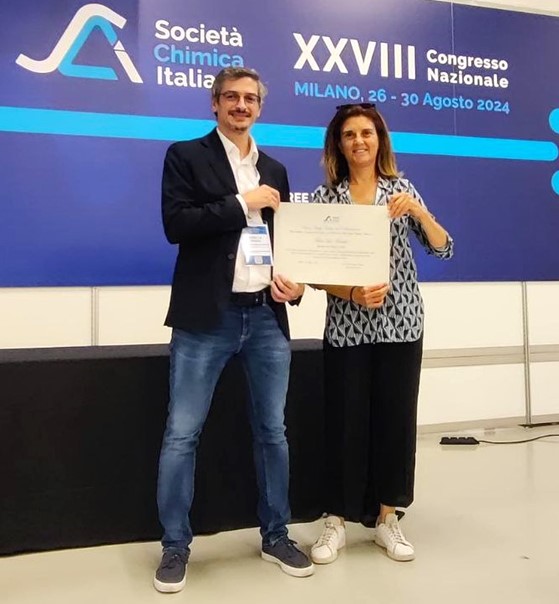
The “Sergio Trasatti” Award for Electrochemistry is for scientists who have distinguished themselves for their creativity, innovativeness and originality in the scientific and/or technological fields of electrochemistry.
In particular, this recognition is addressed to scientists who have made significant contributions to the development of electrochemistry in terms of advancing the knowledge in: (i) basic theory; (ii) mechanisms; (iii) materials; (iv) design and implementation of innovative systems; (v) sensor applications; (vi) devices development; (vii) process development; (viii) industrial applications; (ix) energy storage and conversion.
September 2023
Prof. Fabio La Mantia has been interviewed for the online newspaper „The National News“ on the challenges that are yet to be faced in the field of the renewable energy harvesting and on the role of new sustainable technologies such as water-based Zinc-ion batteries.
His contribution was reported in the article „How energy storage can power global renewables drive “ written by the journalist Daniel Bardsley.
An abstract of the journal article with the link to the corresponding newspaper can be found below.
Congratulations!
—
Unlocking the Potential of Renewable Energy: How Energy Storage is Revolutionising the Game. As climate change’s impact intensifies, renewables are our lifeline. Yet, reliability remains a challenge. Dive into the groundbreaking solutions reshaping the sector. Discover the UAE’s innovative strides in battery technology. Explore the future of energy storage and how materials like zinc could change the game. With trillions of dollars in investment on the horizon, energy storage is set to shape our sustainable future.
April 2023
„Insights into desalination battery concepts: current challenges and future perspectives“ published by Dr. Santos and Prof. La Mantia, was chosen as Front Inside Cover in the lattest issue of ChemComm.
Dr. Cleis Santos and Prof. Fabio La Mantia recently published a feature article in Chemical Communications journal (ChemComm) entitled: „Insights into desalination battery concepts: current challenges and future perspectives“ financially supported by the European Union’s Horizon 2020 research and innovation program under the Marie Skłodowska-Curie Individual Fellowship. Grant Agreement 84062 (REDEBA Project).
This article is open access, available through this link: http://xlink.rsc.org/?DOI=D3CC00513E
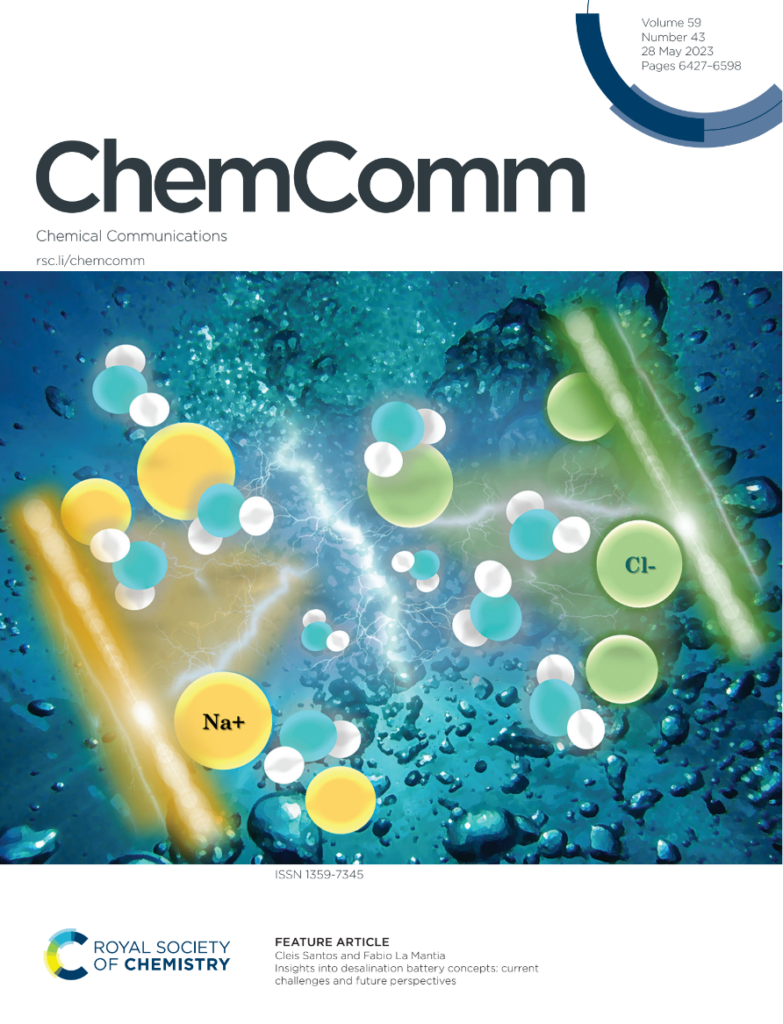
„Insights into desalination battery concepts: current challenges and future perspectives“ was chosen to be the Inside Front Cover of the Issue 43, 28 May 2023, Volume 59 Pages 6427–6598 Additionally, it has been marked as HOT by the Editors and Reviewers of ChemComm and included in the Thermed collection: Chemical Communications HOT Articles 2023 Being the most cited journal of the Royal Society of Chemistry (RSC), ChemComm (hyperlink:.) it is the journal for communications of outstanding significance and interest to experts from across chemical sciences.
Energy & Environmental Science is one of the most authoritative peer-reviewed scientific journals with an impact factor of more than 39, which makes it the most influential in the field of energy. Dr. Doriano Brogioli is often selected as a reviewer for this journal and he has now been recognized for his outstanding peer review activity by the Editors of Energy & Environmental Science, together with other nine researchers from all over the world.
Congratulations!
The full list of the 10 outstanding peer reviewers is available through this link:
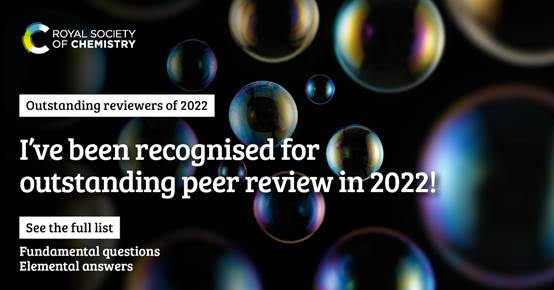
July 2022
Professor Fabio La Mantia has been invited an episode of the scientific podcast series “Geladen – der Batteriepodcast” on post lithium-ion battery technologies. This podcast is produced by the Helmholtz Institute Ulm (HIU) and the Cluster of Excellence Post-Lithium Storage (POLiS) at Ulm and Karlsruhe and it features dialogues with researchers about electromobility, energy transition and battery research.
In this episode, entitled “Zink-Ionen-Batterien”, Prof La Mantia describes the working principles, the scientific and technological challenges, and the potential high impact of aqueous zinc-ion batteries on the stationary energy storage market and more!
The podcast episode, in German, can be found here:
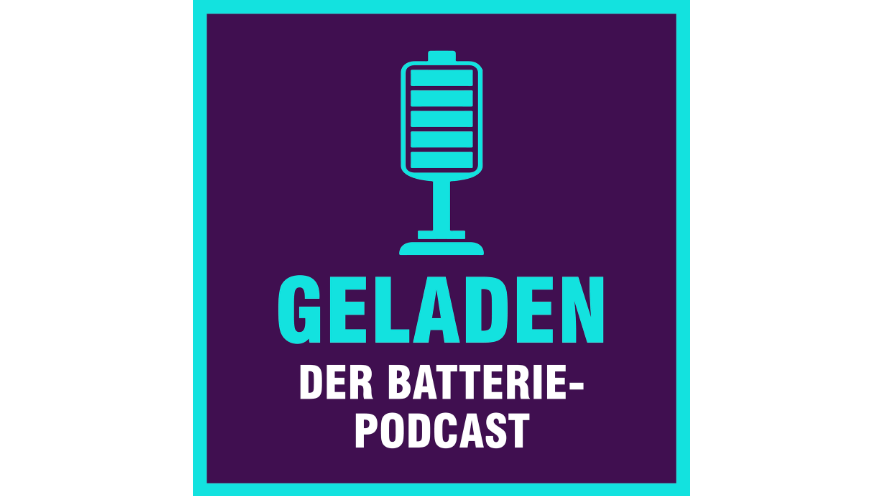

We are very happy to share our thoughts and research with a broader public!
March 2022
The group recently published a perspective paper in Nature Communications entitled: “Open challenges and good experimental practices in the research field of aqueous Zn-ion batteries” in the frame of the project “ZIB” (FKZ 03XP0204A) financially supported by the Federal Ministry of Education and Research (BMBF).
The University of Bremen shared an article to highlight further the success of Prof. La Mantia’s group in the frame of its research activities on this novel green battery chemistry: On the Path to the Next Generation of Energy Storage Systems
We are very happy with the resonance achieved by our research!
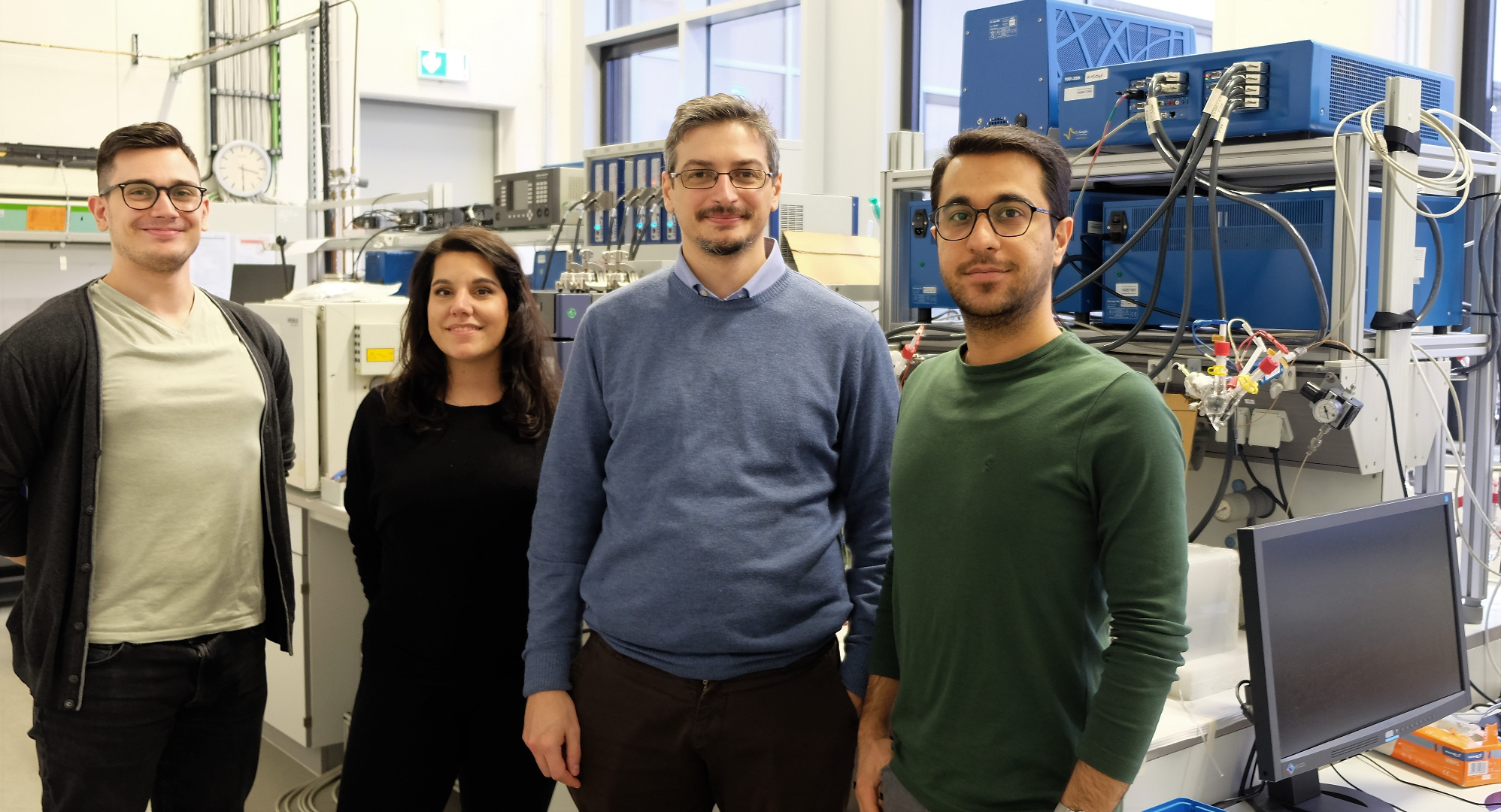
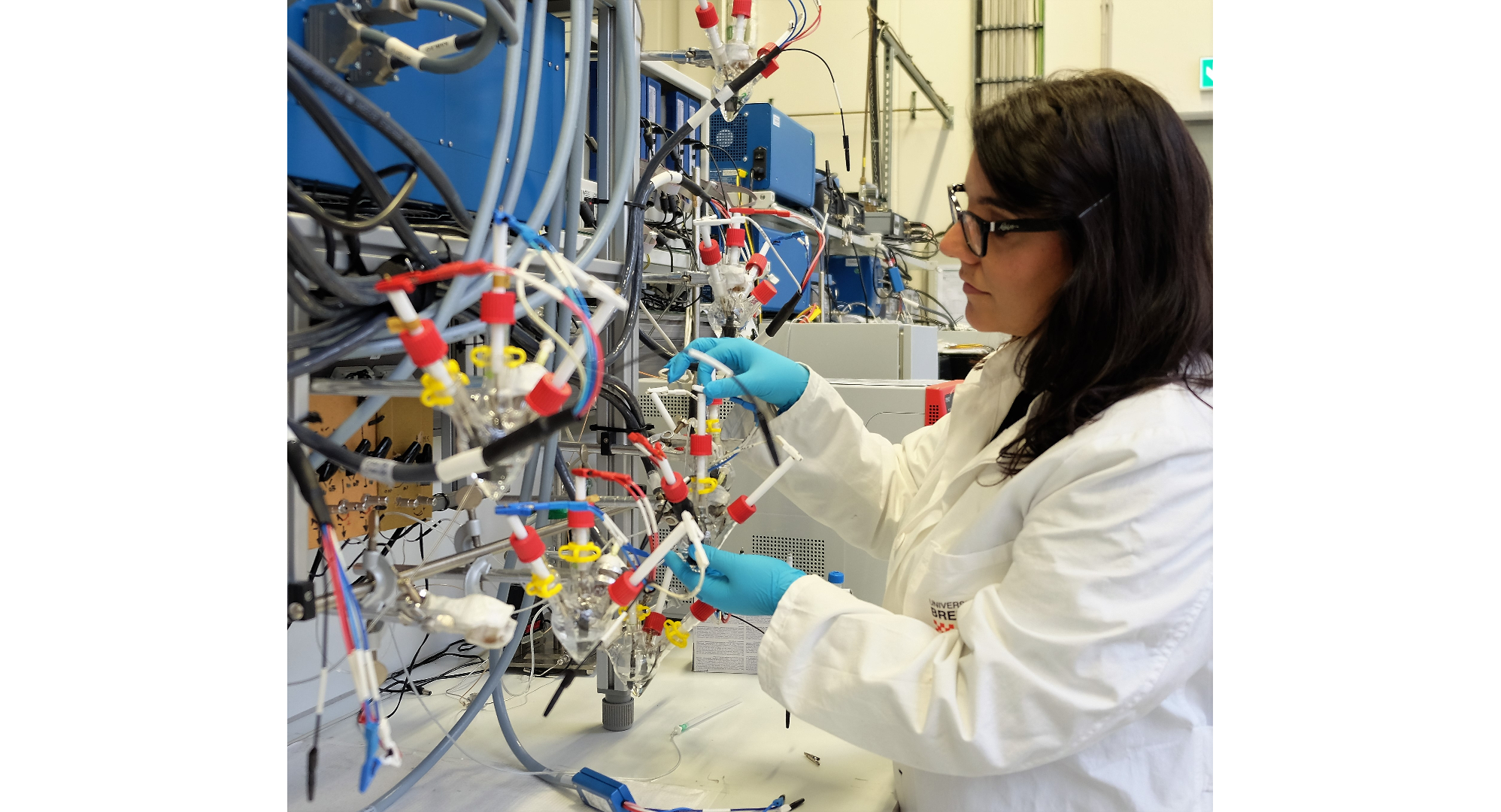
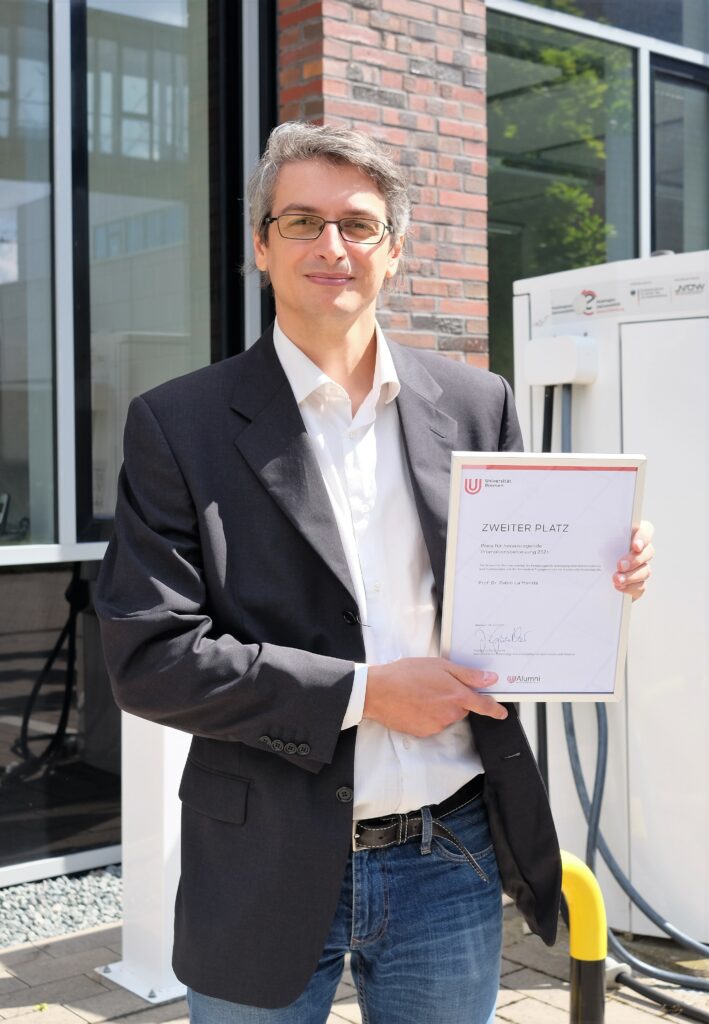
August 2021
Professor Fabio La Mantia has been awarded with the highly competitive Supervision Award* from the University of Bremen, for his outstanding supervision of the PhD students of his group. Congratulations!
*The award for outstanding doctoral supervision is given to university professors and other eligible academics for their professional and encouraging support of doctoral candidates. It is worth 4000 Euros. The award honors both the demanding task of doctoral supervision and exemplary empowerment of early-career scholars. A further objective of the award is to promote a high standard of doctoral supervision as per the position paper “Qualitätssicherung der Promotion an der Universität Bremen” (‘Quality assurance in doctoral studies at the University of Bremen’) from May 2015.
The jury bestows the award and prize money of 2000 Euro each upon two supervisors, one from the arts and social sciences and one from the natural sciences and engineering. The prize money is sponsored by Alumni der Universität Bremen e.V and awarded for the specific purpose of facilitating the success of doctoral candidates.